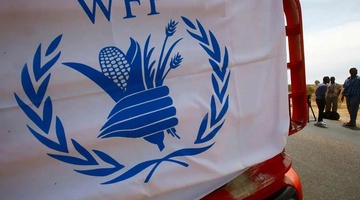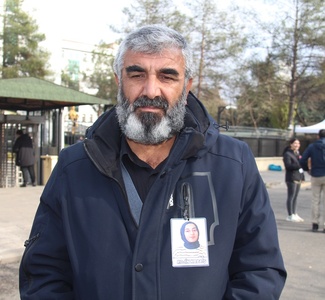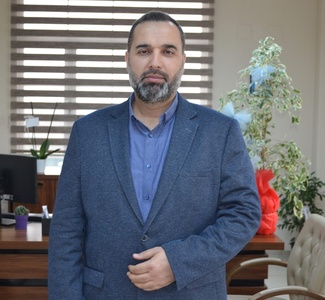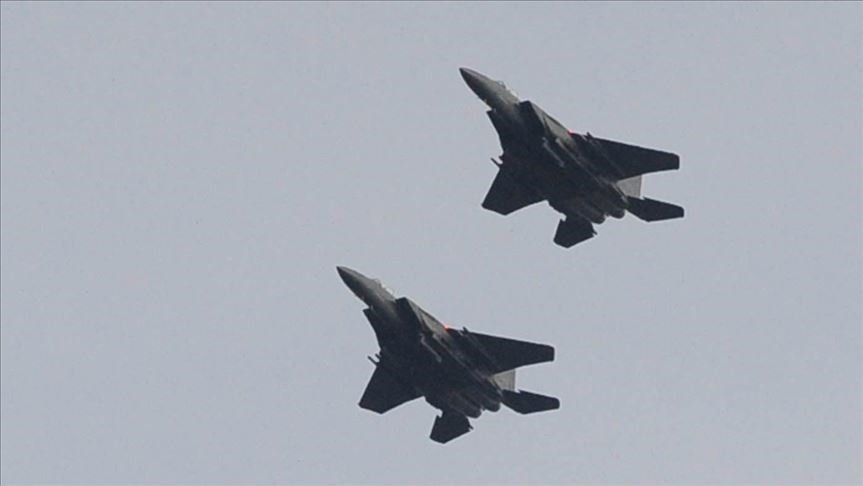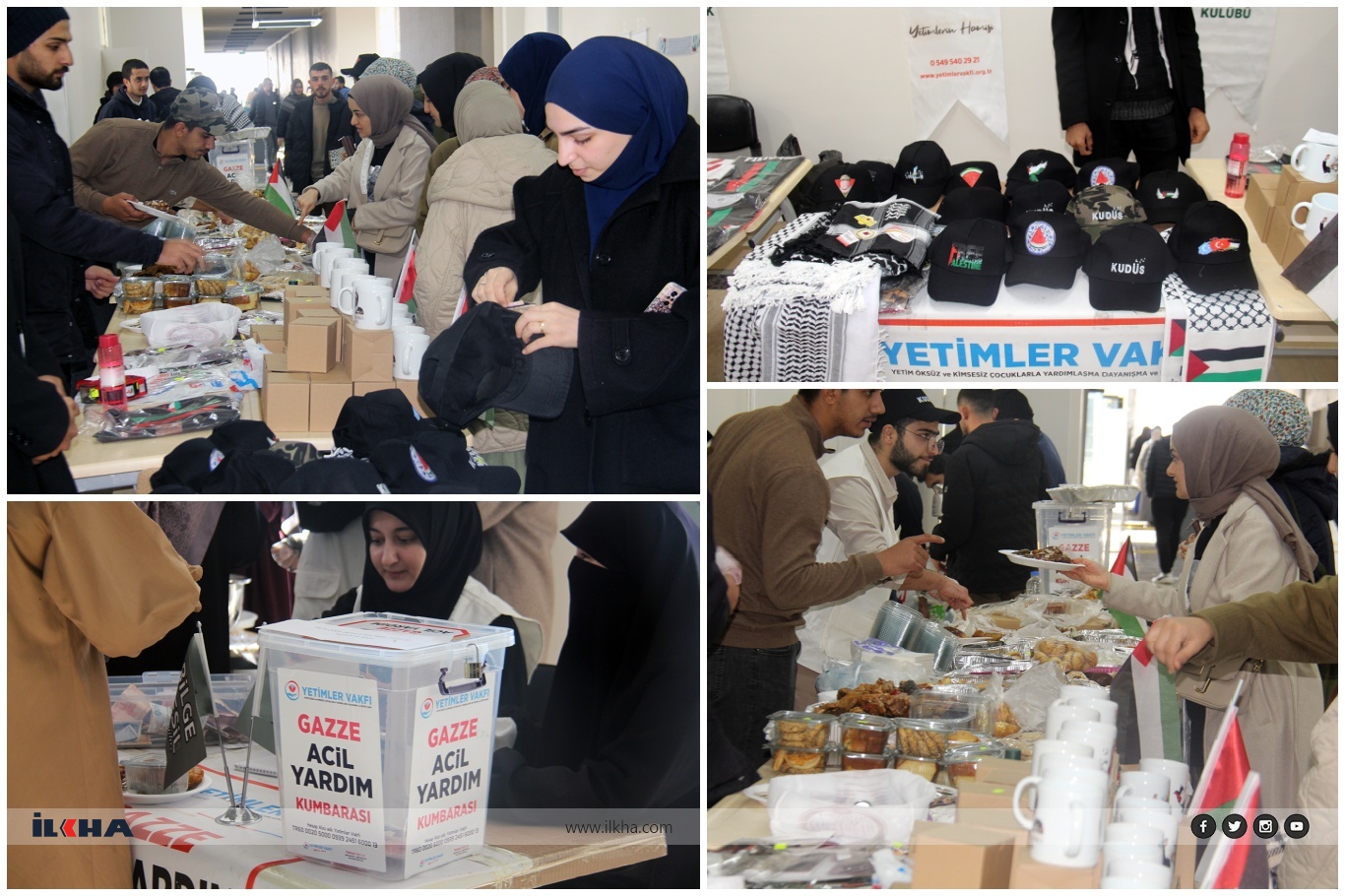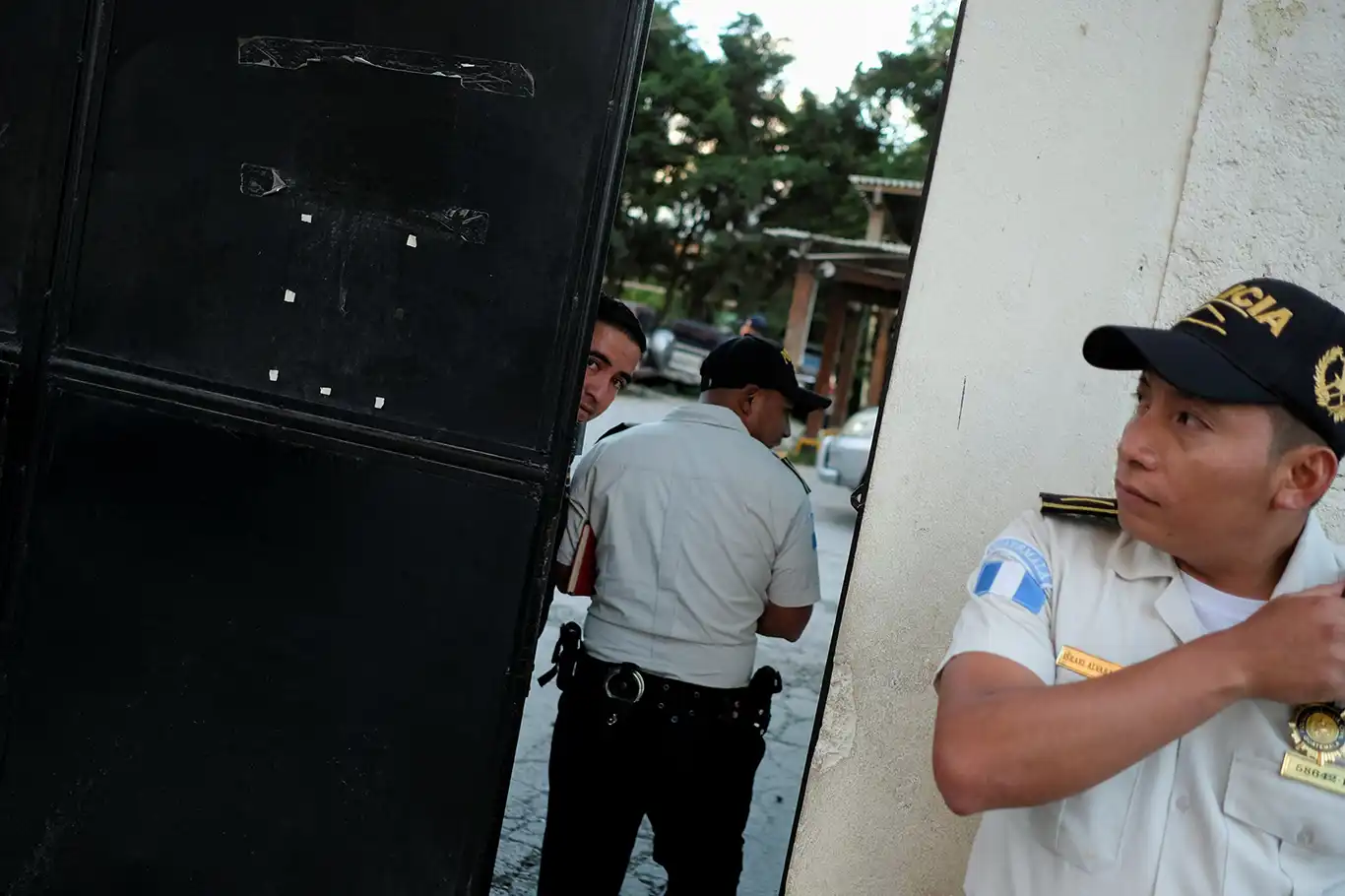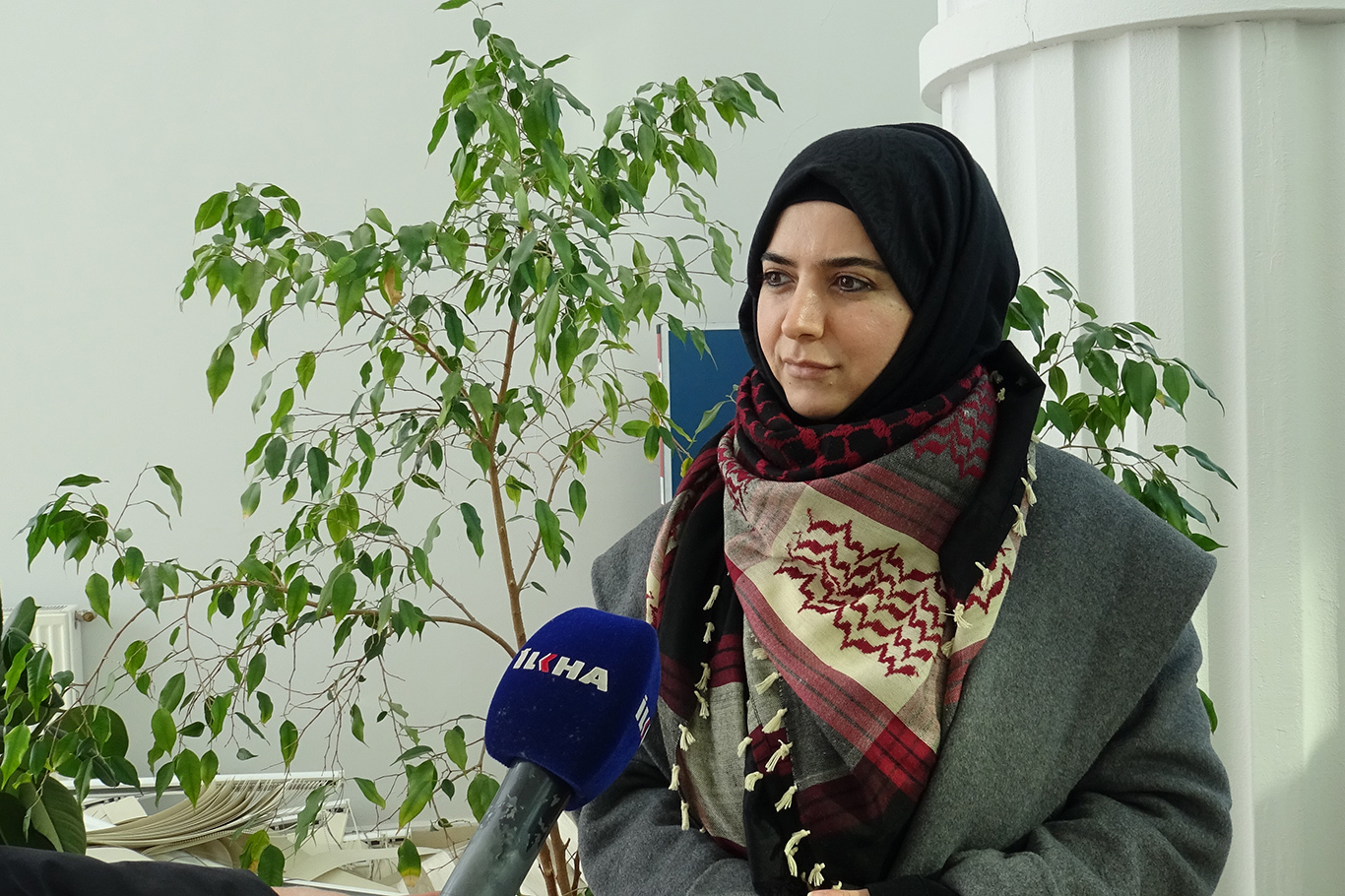More than 750,000 people at immediate risk of starvation or death in South Sudan--WFP
The World Food Programme urgently needs US$426 million to reach six million food-insecure people over the next six months.
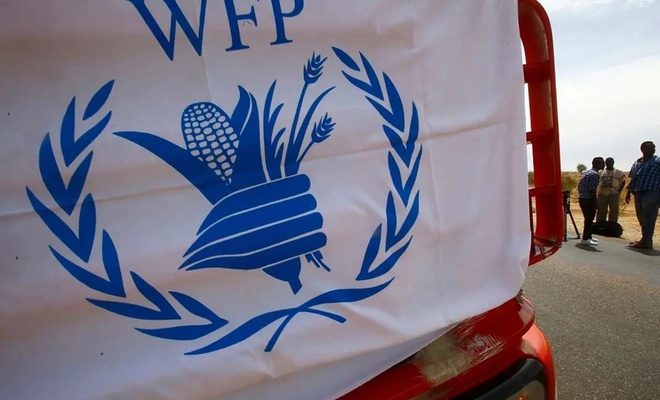
 Google News'te Doğruhaber'e abone olun.
Google News'te Doğruhaber'e abone olun. Up to 1.7 million people are at risk of starvation in South Sudan as funding shortages mean the World Food Programme can reach just over two-thirds of the people it has targeted for humanitarian assistance this year.
The suspension of aid comes at the worst possible time for the people of South Sudan as the country faces a year of unprecedented hunger. Over 60 percent of the population are grappling with severe food insecurity during the lean season, fuelled by continuing conflict, severe flooding, localized drought, and soaring food prices exacerbated by the crisis in Ukraine, which is affecting the supplies of food products around the world.
“We are extremely concerned about the impact of the funding cuts on children, women and men who will not have enough food to eat during the lean season,” said Adeyinka Badejo, Acting Country Director of the World Food Programme in South Sudan. “These families have completely exhausted their coping strategies. They need immediate humanitarian assistance to put food on the table in the short term and to rebuild their livelihoods and resilience to cope with future shocks.”
WFP is prioritizing its limited food assistance to reach 4.5 million people struggling with severe hunger across 52 counties in South Sudan including 87,000 people in another eight counties which are already experiencing catastrophic hunger and are living in famine-like conditions.
South Sudan is among five countries where global food insecurity is putting 750,000 people at immediate risk of ‘starvation or death’ at IPC5 – ‘catastrophe’ on the global standard for measuring food security, according to the Hunger Hotspots report published by WFP and FAO last week.
Badejo added: “Humanitarian needs are far exceeding the funding we have received this year. If this continues, we will face bigger and more costly problems in the future, including increased mortality, malnutrition, stunting, and disease.”
WFP exhausted all options before suspending food assistance, including halving rations in 2021, leaving families in need with less food to eat – a WFP food ration includes cereals, pulses, vegetable oil and salt.
These latest reductions to assistance will also impact 178,000 schoolchildren who will no longer receive daily school meals – a crucial safety net that helps keep South Sudanese children in school to learn and grow.
More drastic reductions will be unavoidable, unless more funding is received, which will leave vulnerable people unable to meet their basic food needs, reverting to survival strategies such as skipping or reducing meals, selling assets, using child labor and child marriage.
Food insecurity in South Sudan is alarmingly high. According to the global standard for measuring food security, (the Integrated Food Security Phase Classification), 7.74 million people will face severe acute hunger at the height of the lean season in the next two months, while 1.4 million children will be acutely malnourished.
This year, WFP plans to reach six million food-insecure people in South Sudan with food assistance, nutrition support, cash stipends and livelihoods opportunities to build the resilience of communities–prioritizing the most vulnerable and conflict-affected women, children, and the elderly.
However, WFP's crisis response and resilience-building development programmes are drastically under-funded. The organization requires US$426 million to reach six million food-insecure people through 2022. (ILKHA)



























